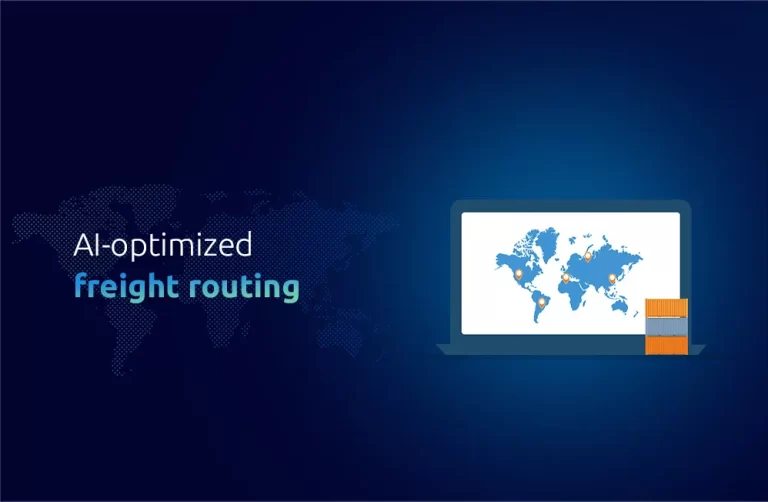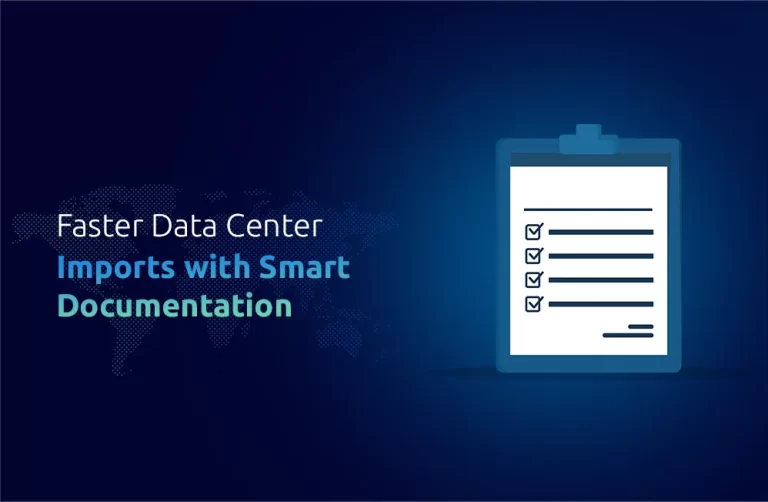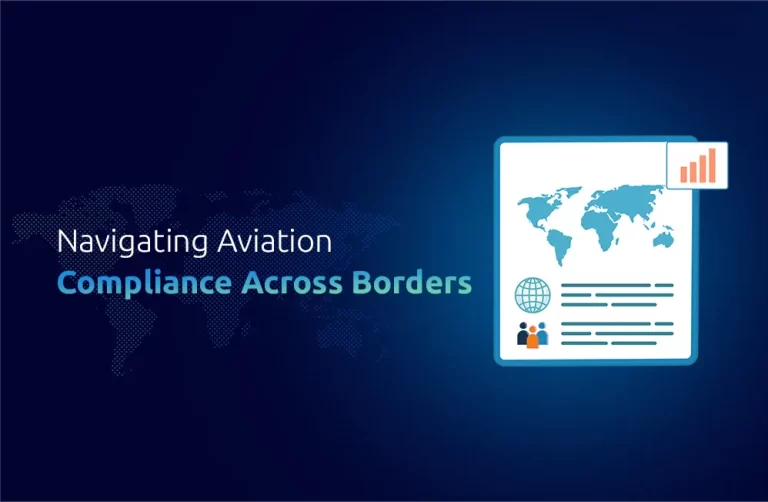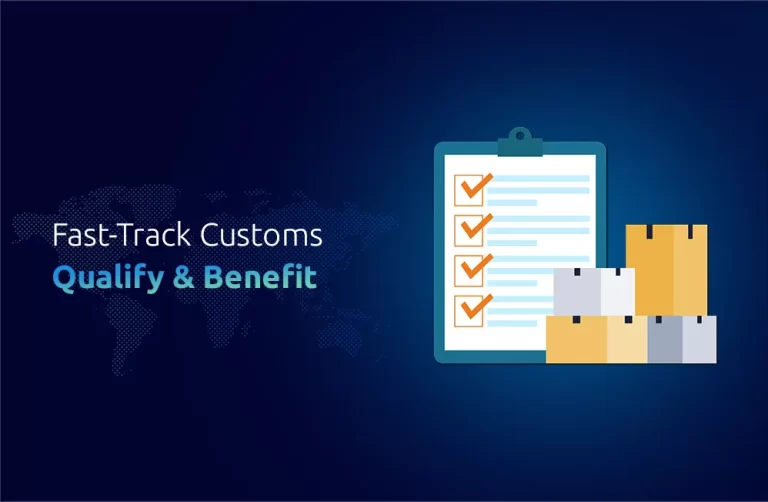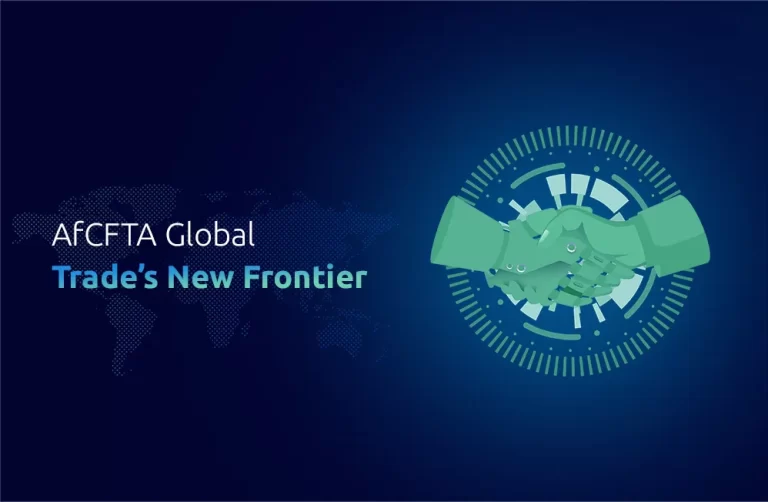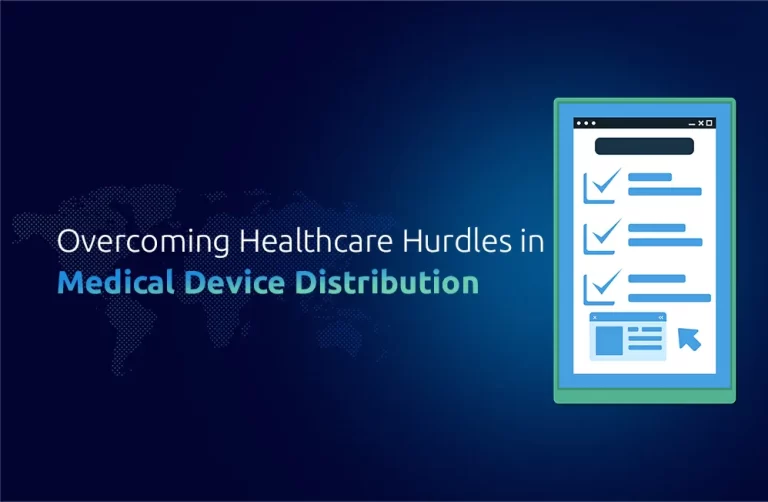Introduction
In the dynamic realm of international commerce, compliance with changing import-export rules is essential to prevent expensive fines and harm to reputation. It becomes even more critical in industries like aviation, healthcare, IT, and automobile equipment, where global regulations and government-led and government-driven requirements are in flux. From traders to manufacturers and service providers, it is imperative to understand how to adapt to the regulations introduced to remain competitive in your sector and avoid disruptions in how you conduct business. In this blog, we will discuss the best practices to help you comply with import-export regulations and confidently navigate this complex journey.
The Ever-Changing Import-Export Landscape
The nature of global trade regulations has transformed into constant evolution as governments frequently modify their import-export legislation to respond to modern concerns about security issues alongside health protocols and environmental standards. Maintaining compliance with current regulatory modifications takes significant effort.
Trading activities may face severe consequences, including monetary penalties, transport delays, and trading suspension when non-compliance occurs. Every nation and industrial sector has its own set of import-export regulatory requirements. Every company in aerospace equipment manufacturing together with healthcare, IT, and automobile manufacturing must keep updated on fundamental operational principles.
Key Steps to Stay Ahead of Evolving Regulations
Organizations operating within international business frames need to prove their capability to track evolving regulatory requirements. A baseline step requires subscribing to governmental websites, partaking in trade organizations, or implementing automated alert systems for your team members regarding regulatory modifications. The involvement of trade compliance experts allows your business to handle complicated regulations best, especially in the healthcare and aviation sectors. Specially designed software tools that handle customs declarations and shipment tracking simplify operations by cutting human mistakes while meeting current legal requirements. Your team must receive complete training regarding import-export regulations and specific industry needs to prevent avoidable mistakes in operations. Working with trusted partners, including customs brokers and freight forwarders, enables smooth compliance and cuts down the risks of delays together with financial penalties.
Understanding the Risks of Non-Compliance
A business that fails to follow import-export regulations triggers serious adverse effects. Financial penalties and administrative fines represent a primary hazard because government authorities enforce money-based punishments whose severity level determines the extent of profit deterioration. Incomplete or incorrect documentation at customs clearance causes delays, resulting in shipping obstacles, customer dissatisfaction, and possible business loss. Non-compliance with regulations typically damages your company’s reputation because clients generally avoid doing business with organizations that government regulators have marked for legal violations. The recurrence of violations will lead to enhanced auditing frequencies, generally induced expenses, and depreciated complexity of trade operations.
Practical Tips for Adapting to Changing Regulations
Evaluate Your Current Compliance Processes
Evaluate your current compliance processes to identify outdated practices, ensuring your customs procedures and compliance software align with the latest regulations.
Diversify Your Supply Chain
A supply chain that includes several suppliers permits you to reduce exposure to risks from unexpected changes in export-import regulations of particular nations. A diversified supply chain allows your business to move to other markets instead of experiencing significant disruptions when faced with market restrictions.
Implement a Flexible Logistics Strategy
Include adaptable logistics solutions in your company strategies. Establish partnerships with several logistics providers who understand different customs regulations so your company becomes more adaptable to swift market changes.
Prepare for Regional Variations in Regulations
Each sector in different geographical regions requires import-export standards, which vary independently from other industry segments. Your business should develop capabilities to adapt to dissimilar market regulations when dealing with controlled sectors like aviation or healthcare.
Maintain Transparent Communication with Clients
Clear communication is crucial. Regular communication about rules that influence shipping schedules, payment expenses, and product characteristics must reach your client base. Staying ahead of unexpected events allows companies to preserve customer trust alongside reducing incident effects on delivery schedules.
Conclusion
The necessity for organizations to lead changes in import-export laws continues to rise with the progression of global trade. The core purpose of regulatory compliance surpasses fine avoidance because it enables operational efficiency and preserves the company’s reputation for continual global market competitiveness. Companies who work in aviation, healthcare IT, or automobile equipment must embrace regulation changes to achieve business success. Businesses that combine information tracking with technology investments alongside trusted partnership work will be able to reduce their risks while maintaining their position in the competitive market forefront. Under changing regulatory conditions, businesses must maintain adaptability, active posture, and active dedication to enhancing their compliance practices. One Union Solutions supports businesses through customized services to handle changing requirements within international import-export regulations.
Did You Know,
A study from PwC emphasized that 63% of companies globally are investing more in compliance technology, indicating a strong shift toward automation in response to increasingly complex regulations.
FAQs
- What are the top consequences of breaking any of the import-export rules?
Ans: The consequences can be fines, shipment delays, reputational harm, and more frequent audits impacting your operations and costs.
- How do I stay updated on changing import-export regulations?
Ans: Industry newsletters, government websites, and trade experts can all help you stay updated on the news.
- Does technology matter for compliance?
Ans: Yes, Automation reduces human errors in customs documentation, ensuring timely compliance by using compliance technology in International trade.
- What are the implications of regulatory changes for my aviation, healthcare, and automobile business?
Ans: Each sector has its own rules — aviation has safety standards, and healthcare, privacy rules — that can greatly impact how trade functions.
- What are some best practices for compliance training my team?
Ans: Regular training sessions and workshops on updated import-export regulations and using case studies and practical scenarios can help ensure your team stays compliant.




